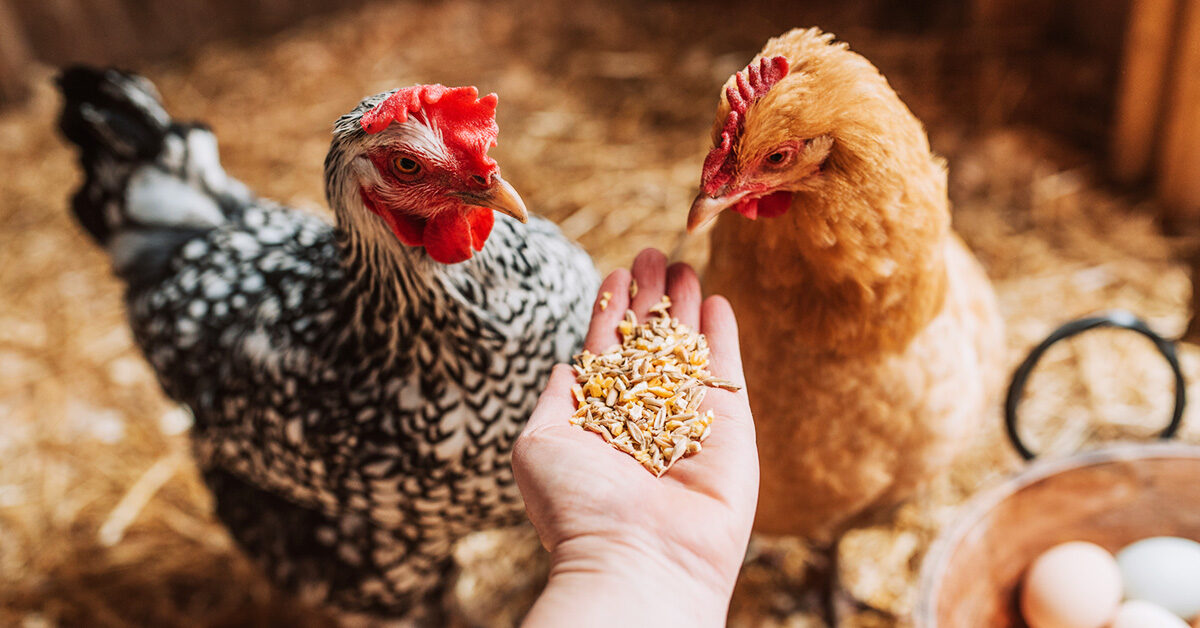Laying hens are remarkable creatures that provide us with delicious eggs on a regular basis. However, the process of egg-laying is complex and requires a healthy ovary in order to be successful. In this article, we'll explore the different stages of ovary development in laying hens and provide tips on how chicken owners can help ensure healthy ovary development in their flock.
Stages of Ovary Development in Laying Hens
The ovary of a laying hen is responsible for producing and storing eggs. Ovary development in hens begins before they hatch and continues throughout their life. There are three main stages of ovary development in laying hens:
-
Immature Ovary - The immature ovary is present in chicks at hatch and consists of a small cluster of germ cells.
-
Developing Ovary - As chicks mature, the ovary begins to develop and small follicles form. These follicles are capable of growing and maturing into eggs.
-
Laying Ovary - Once the hen reaches sexual maturity, the ovary becomes fully developed and mature follicles are ovulated on a regular basis.
How to Ensure Healthy Ovary Development in Laying Hens
Ensuring healthy ovary development in laying hens is important for both their well-being and egg production. Here are some tips for chicken owners to help promote healthy ovary development in their flock.
-
Provide a Nutritious Diet - Laying hens require a diet that is high in protein and calcium in order to produce healthy eggs. Be sure to provide your flock with a balanced and nutritious diet to promote healthy ovary development.
-
Maintain Proper Lighting - Laying hens require a certain amount of light in order to stimulate ovulation. Be sure to provide your flock with 14-16 hours of light per day to promote healthy ovary development and egg-laying.
-
Provide a Comfortable Environment - A comfortable and stress-free environment is essential for healthy ovary development in laying hens. Be sure to provide your flock with adequate space, proper ventilation, and clean bedding to help reduce stress and promote healthy ovary development.
-
Monitor for Health Issues - Certain health issues can impact ovary development in laying hens, such as infections or parasites. Monitor your flock for any signs of illness and treat promptly to help ensure healthy ovary development.
In addition to providing a nutritious diet and proper lighting, it is important to ensure that laying hens receive sufficient calcium to support healthy egg development. Calcium is a crucial component of eggshells and is necessary for proper muscle and nerve function in laying hens.
The optimal age for providing calcium supplementation to laying hens depends on the breed and individual bird's developmental stage. Generally, most breeds will require additional calcium supplementation beginning around 18-20 weeks of age, or when they reach sexual maturity. At this point, laying hens require an increased intake of calcium to support the development of strong eggshells.
Calcium can be provided in the form of crushed oyster shells, limestone, or other calcium supplements. It is important to monitor calcium levels in your flock, as too little or too much calcium can have negative impacts on egg production and overall health.
In summary, providing sufficient calcium is a key factor in promoting healthy egg development in laying hens. Supplemental calcium should be provided beginning around 18-20 weeks of age, but it is important to monitor levels to ensure a healthy and productive flock.
In Conclusion
Healthy ovary development is essential for successful egg-laying in laying hens. By providing a nutritious diet, maintaining proper lighting, providing a comfortable environment, and monitoring for health issues, chicken owners can help promote healthy ovary development in their flock. Remember, a healthy ovary leads to healthy eggs and a happy, productive flock!

0 comments